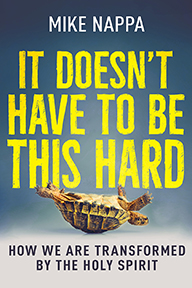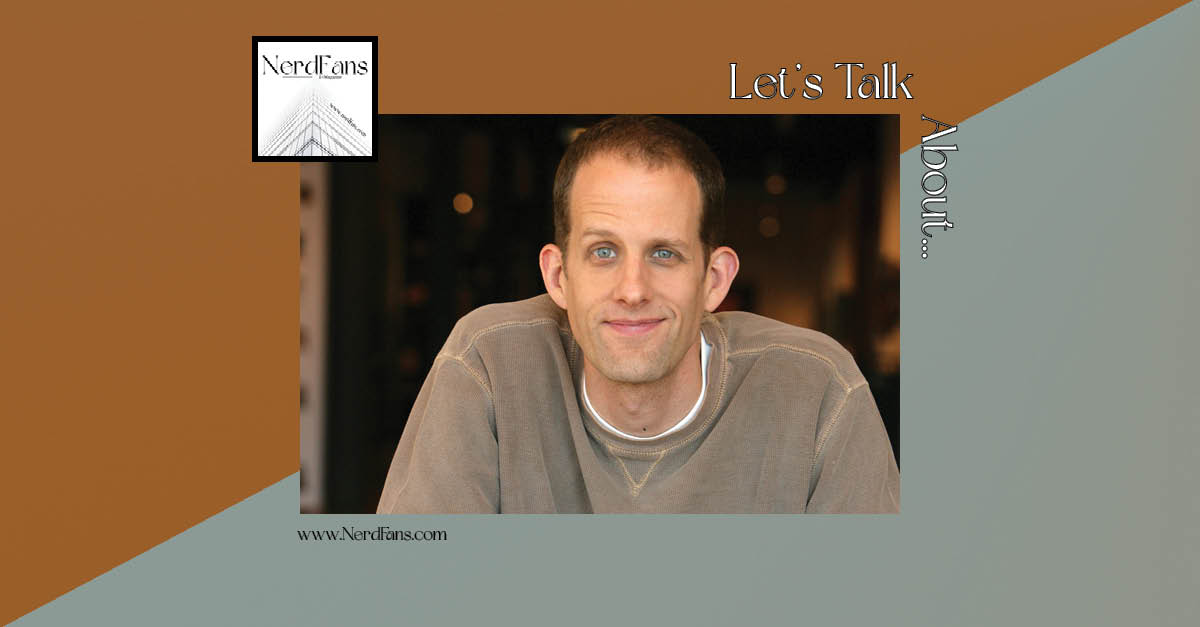A Marketing Team reason for rejection
I learned this lesson the hard way early in my career, in my first year as an acquisitions editor for a mid-sized publishing house.
I brought to my publishing board what I thought was a very strong candidate for publication—a non-fiction book for teens. I’d done my homework. We’d had initial success publishing for the youth market recently, and this particular book was powered by strong writing and a credible author. I had good first-year projections from the sales team, and unified support from editorial.
Time came for me to present, and things were going unexpectedly well. Voices of support were cropping up all around the table, and even my typically skeptical Marketing VP seemed to be nodding his head in agreement. The only person who said nothing was my Publisher.
Perhaps I took for granted that my Publisher was already on my side. Or maybe I figured he wouldn’t concern himself with marketing issues, since his real strength was in editorial. But I shouldn’t have ignored his silence…
About four minutes into my pitch, I felt like this book was a shoo-in for approval. Then, while I was actually still speaking, my Publisher stood up. He walked to nearby bookcase and, in one swift motion, swept an armful of books of the shelf. Barely looking, he tossed them all onto the middle of the boardroom table, right in front of me. Then he did it again. And again. And he kept burying us in books until there were about 200 of them spread out in lumpy stacks before us. Again without saying a word, he finally walked back to his chair and sat down.
Then he looked me straight in the eye and said, “Your book is no different from any of these.”
And that was it.
Discussion over.
Decision made.
We didn’t even bother to vote on the proposal I was advocating. I’d been unable to compellingly differentiate the book I was pitching from the hundreds of books on our table—let alone the hundreds of thousands in the marketplace at large. I should have easily predicted the final decision:
Rejected.
What You Can Do About It
1. Don’t get caught unprepared when the books start flying.
Being able to significantly differentiate your book from the competition is simply a non-negotiable for just about any publisher. In your proposal, this should fall under a section called, “Competitive Analysis,” or “Market Analysis.”
Typically what this includes is a list of three to five prominent books that are currently popular in your selected category. (For instance, if you’re publishing in the Cookbook category, then you’d probably include titles by people like Paula Deen, Jillian Michaels, Anthony Bourdain, and maybe even Julia Child.)
For each of these potential competitors, you’d then include a short summary of content (I usually just copy this, with credit, straight from Amazon.com). Then you’d show two things. First, how your book compares favorably to the popular one. (For example, “Like Paula Deen’s work, my cookbook has classic homestyle recipes with immediate appeal to middle class families!”). Second, you’d show how your book will differentiate itself in a unique way to attract buyers to yours. (“Unlike Deen’s book, my cookbook delivers remarkably tasty recipes without overindulging in high-risk health habits for family members, like excess butter and fat.”)
It’s a balancing act, true. You have to show that your book has a similar audience appeal like the popular one, and yet you also have to show that your book is better. It takes practice, but it’ll pay off if someone on the publishing board likes to throw a few books around the table.
2. Take a lesson from Grand Central Station
On a chilly Saturday in 2007, Grand Central Station came to a standstill. That’s when about 200 “agents” from Improv Everywhere showed up on the Main Platform and simply froze in place. The result was a dramatic, attention-grabbing spectacle—and one of the best visual examples of the power of differentiation that I’ve ever seen.
No, these “agents” didn’t loiter around reading books. But they did enter a “crowded marketplace” and, in only seconds, made themselves clearly stand out from the competition (the thousands of others in the station) in such a way that everybody took notice.
So here’s what I’m suggesting: First, watch the online video “Frozen Grand Central” (available at: http://www.youtube.com/watch?v=jwMj3PJDxuo). Then ask yourself these questions: Why did just standing still make thousands of people stop and take notice? What principles do I see at work in this situation that will help me to differentiate my work? How can I apply those principles in my next proposal?
If you can answer those questions well, my Marketing VP will notice your book…even in Grand Central Station.
3. Don’t overdo it.
While I can’t emphasize enough the absolute necessity of being able to effectively differentiate your book from the competition, I do want to warn you that there are risks to going too far with this. Remember, the goal here is to show that your book delivers some unique benefit that others don’t have—not to give an exhaustive list of every book published on a similar subject.
I remember one time looking at a book that I thought had potential—until I saw the Market Analysis. The author had certainly done his homework. He’d listed close to 20 other books on the topic, most of which I’d never heard of. All that did was convince me that his subject was currently over-published and unable to sustain a new entry in that category, so I rejected on that basis.
So be careful to stack the comparisons in your favor. Stick with three to five competitors, and you should be fine.
Looking for more? Check out these links:











